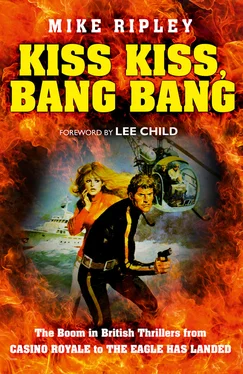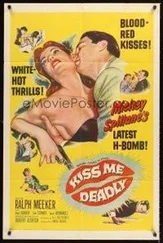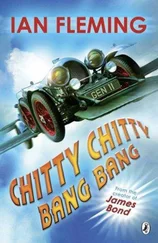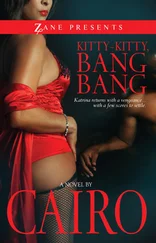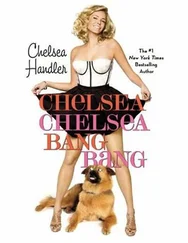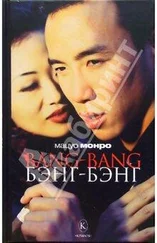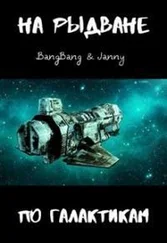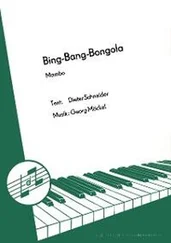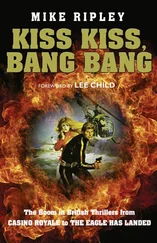Should it have mattered in terms of the British psyche? After all, Britain had bravely stood alone and had won the war, hadn’t it?
Except of course it hadn’t. There was the perception that Britain had stood alone defying terrible odds from the fall of France and the Battle of Britain in 1940, although even in that iconic engagement, 20 per cent of aircrew defending British skies were non-British (Poles, Czechs, Belgians, French and Irish as well as ‘Empire’ contingents) 2and Britain’s effort in the land war in all theatres had been heavily reliant on troops called in from the Empire. Canadians had fought with great distinction in France, Australians and South Africans in the deserts of North Africa, Indians and New Zealanders in Italy, with many smaller colonies more than pulling their weight for the imperial good. Yet even with that magnificent straining of all the sinews of a global network, only the most die-hard of empire loyalists would seriously claim that Britain and its Empire had won the war. It had fought an outstanding holding action until the manpower of the Soviet Union and the economic and industrial strength of the United States had been brought into play.
In 1939, the British Empire had been the sole world super-power. By 1950 it was clear it was the junior of three super-powers and its imperial building blocks were crumbling away.
The dissolution of the Empire should have come as no surprise as the very ‘jewel in the crown’, India, had been promised independence during the war and achieved it, although far from peacefully, in 1947. Burma and Ceylon followed suit in 1948, and over the following decade (despite some foot-dragging by Conservative governments) the British gave up their interests in Palestine, the Sudan, the Gold Coast and Malaya. For the Caribbean territories, Cyprus, Malta and most of the African colonies, the political break from the ‘mother country’ came in with something of a rush in the 1960s, when it seemed that hardly a year went by without another country familiar to every schoolboy stamp-collector became a disappearing pink spot on the world map: British Somaliland, Nigeria, Sierra Leone, Tanganyika, Kenya, Malawi, Northern Rhodesia, Gambia, Guyana, Botswana, Basutoland – the process seemed, and was, inevitable. The undignified stalemate when Southern Rhodesia adopted a Unilateral Declaration of Independence from the Empire (following the rather more famous example set by certain rebellious American states in 1776) in 1965 was perceived as yet another symptom of international impotence.
The emergence of new nations from their colonial cocoons even impinged, albeit tangentially, on the daily routine of one very special civil servant: James Bond. In On Her Majesty’s Secret Service (1963) Bond is researching for his mission with a visit to the College of Arms, where he is told that the College’s workload has recently increased due to ‘The new African states … Much work has to be done on their flags, the design of their currency, their stamps, their medals …’ Our hero is not, however, unduly inconvenienced.
De-colonization, which may have been caused or hastened by the war, was not a sudden, or violence-free, process but it was inevitable and the majority of Britons accepted the change from Empire to Commonwealth. By May 1959 Empire Day had become Commonwealth Day, and in February 1960 Prime Minister Harold Macmillan had delivered his famous ‘Wind of Change’ speech to the South African parliament in Cape Town. The official seal of approval, were one to be needed, came in April 1960 when that arbiter of all things British, The Times , abandoned the term ‘Imperial and Foreign News’ in favour of ‘Overseas News’.
Not everyone accepted the loss of empire with good grace. In 1954 Arthur Chesterton, a former member of the British Union of Fascists and cousin of Detection Club President G. K. Chesterton, started the League of Empire Loyalists as a ‘ginger group’ on the far right-wing of the Conservative party. 3Yet even the most ardent imperialist had to admit that the debacle of the Suez Crisis in 1956, when Britain and France opted for military intervention in the Middle East but were forced by international outrage into ignominious withdrawal, showed that an era had well and truly ended.
To mis-quote (and take out of context) Richard Usborne:
‘England was no longer governess of half the globe. Ius Britannicum did not apply over so many lands of palm and pine. There were fewer – far fewer – Government Houses flying the Union Jack. The Embassies and Consulates that have replaced them cannot summon the gunboats to revenge a British traveller thrown to the sacred crocodiles.’ 4
The British had to come to terms with no longer being the major world power – and so did its thriller writers. Pre-war fictional heroes such as Richard Hannay, as created by John Buchan, and ‘Sapper’s’ Bulldog Drummond were, it is fair to say, imperialists by both nature and nurture. In the 1950s it seemed that Britain was resigned to giving away its proud imperial heritage, was being out-stripped in living standards by the United States, and was constantly looking apprehensively and impotently over its shoulder at the USSR. When it did flex its muscles, it was in messy colonial ‘emergencies’ or ‘insurgencies’ (never ‘wars’) in places such as Cyprus, Malaya, or, embarrassingly, in Egypt.
To some, the deployment of American missiles in the UK in 1958 was another sign of the country’s military emasculation and, as the Cold War warmed up over the Cuban crisis, there were mutterings that the ‘USS Britain’ was no more than an American aircraft carrier conveniently anchored within range of the Iron Curtain. To the cynical, the ‘USS Britain’ was likely to be an expendable vessel should the war turn hot.
The final insult, or so it was perceived at the time by the Daily Express (who called it a ‘stab in the back’), came when former US Secretary of State Dean Acheson said, almost as an aside, in a speech at West Point in December 1962: ‘Great Britain has lost an Empire and not yet found a role’.
Britain, the noble war hero, was diminishing before its very own eyes and those, it seemed, of its closest ally with whom it thought it had a ‘special relationship’. Despite the feel-good factor generated by the social and cultural revolutions in music, art, and fashion during the ‘Swinging’ Sixties, the malaise was still felt. It was eloquently summed up by an unlikely source, Adam Diment’s fashionably rebellious Philip McAlpine, The Dolly, Dolly Spy himself in 1967:
Our Empire has gone and our people remain lazy. We are clever, original, class-ridden and small. The sooner we can get back to being another small country and forget our now useless role of world arbitrator the better. Nobody has listened to our advice for years; it is just accepting this fact which is painful.
The villains in many a thriller could not, of course, resist reminding plucky British characters of their loss of Imperial power. In that same year, 1967, in James Eastwood’s Little Dragon from Peking the heroes are berated by the villainess: ‘You British, since losing India, are never sufficiently ruthless. In trade, politics, even espionage.’ The reference to India, which had been independent for twenty years by then, would not only have been lost on one of the characters to which it was addressed but also on many a reader under 35, and probably says more about the respective age of the authors: Adam Diment was 23 when The Dolly, Dolly Spy was published, James Eastwood would have been in his fifties.
Britain’s reputation for being exceedingly good at playing ‘the great game’ of spying, however, was seriously being called into question. Britain’s secret intelligence services had achieved a reputation for efficiency during both world wars. There had been few German spies operating in the UK – at least not for long – and even though the code-breaking achievements of Bletchley Park were to be kept from the public for many more years, the exploits of the SOE (Special Operations Executive) which sent immensely brave agents into occupied Europe were well-known through books such as Odette in 1949 (filmed in 1950 ) and Carve Her Name with Pride (filmed in 1958); yet the reality of the situation was far from a model of efficiency. The defection to Russia of Burgess and Maclean in 1951 caused scandal and provoked paranoia and mistrust, not the least on the part of America’s CIA. The situation was hardly calmed by the shambolic announcement and press conference in November 1955 that Kim Philby was not the ‘third man’ (he was) who had tipped off the defectors. In 1961 more Soviet agents were uncovered in a flurry of headlines; the Portland Spy Ring and the double agent George Blake, who received an unprecedented forty-two-year jail sentence after being tried in camera . His sentence was unexpectedly commuted by his dramatic escape from Wormwood Scrubs in 1966 to follow Burgess, Maclean, and Philby to Russia. 5
Читать дальше
